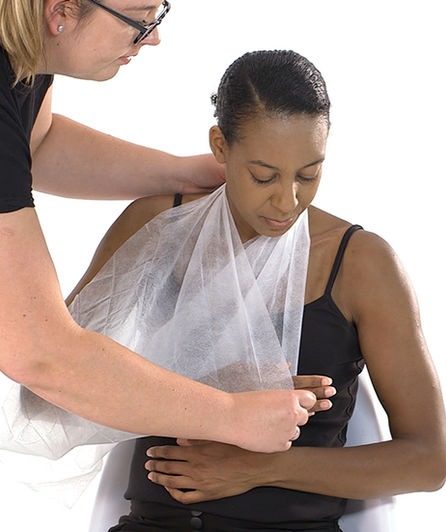JAMES CONSULTING
PROVIDING SOLUTIONS


Medical
Great news! Booking your next course coulden't be easier.
Simply browse through the course details and if you think it's the right fit for you, click the "Book Now" button.
If you have any questions about this course or any others click here to go to our FAQ page where you should find the answers.
First Person on Scene (FPOS-3 i)
The FPOS Level 3international qualification develops the knowledge and skills required by those working in security services or high risk environments who are required to hold an advanced First Aid qualification.
The qualification ensures learners are able to provide suitable assistance for a range of medical conditions and trauma related injuries including developing an awareness of ballistic and blast injuries.
The qualification supports a role in the workplace and will enable learners to progress to further learning in this sector.
This qualification has been developed to meet the competency requirements of the Faculty of Pre-hospital Care – The Royal College of Surgeons Edinburgh at Level C. This meets the requirements for the Security Industry Authority (SIA) for Close Protection Officers and is also ideal for Cabin Crew, Industrial First Aiders and those working in remote areas.
This qualification is delivered in a face-to-face setting over a 4-day period. Learners should complete the qualification within 10 weeks.
We also recommend that learners refresh their knowledge annually to ensure they are up-to-date with the latest guidance.
.jpeg)
Course content
The Pre Hospital Environment
-
The role of the First Responder
-
Minimising risk of infection
-
Consent
-
Principles of Scene Management
-
Common Travel Illnesses
Casualty Assessment
-
Mechanism of Injury
-
Patient Assessment
-
Communicating with patients
-
Primary survey and assessment
Respiration and Airway Management
-
Recognition of respiratory problems
-
Advanced airway management - Oral, Nasal and Laryngeal Airways
-
Choking
-
Oxygen Administration- Delivery systems and SpO2
Basic Life Support
-
Cardio Pulmonary Resuscitation - including protocols for remote environments
-
Paediatric CPR
Defibrillation
-
Automated external defibrillation
Circulation and Shock
-
Recognition and initial care of haemorrhage
-
Catastrophic Haemorrhage - including the use of tourniquets and haemostatics
-
Shock
-
Cardiogenic
-
Neurogenic
-
Hypovolaemic
-
Septic
-
Anaphylactic
-
Damage
-
General Bone / Joint injuries
-
Head injuries
-
Spinal & Pelvic injuries
-
Chest injuries
-
Burns
-
Eye Injuries
-
Blast Injuries
-
Ballistic Injuries
Environment
-
Drowning
-
Heat Stroke & Dehydration
-
Hypothermia
Medical Related Emergencies
-
Heart attack/angina
-
Diabetes
-
Stroke
-
Epilepsy
-
Asthma - including additional remote protocols
-
Anaphylaxis - including additional remote protocols
-
Poisoning









